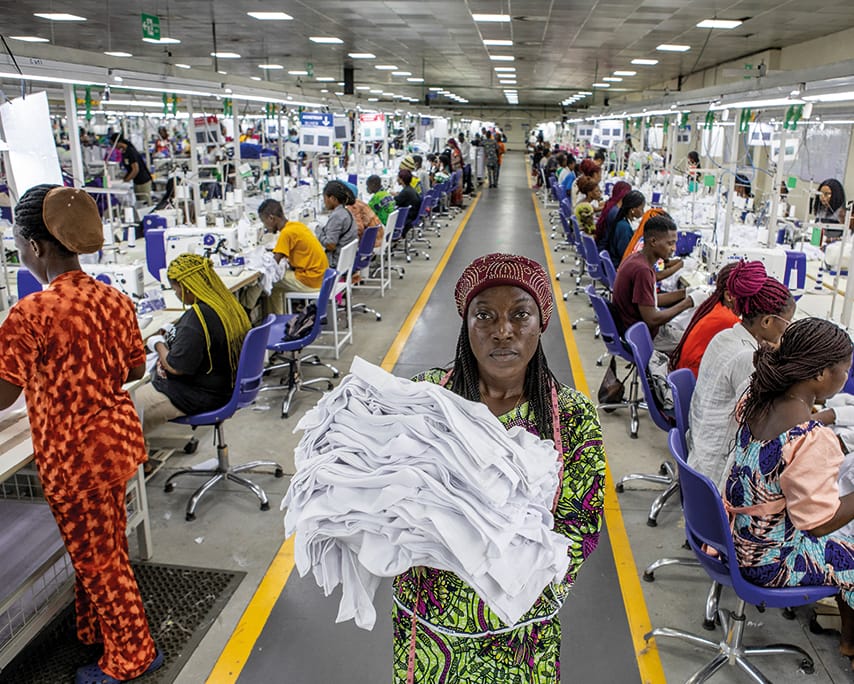How French continues to be a key language in African business set-up
Due to historical ties, regional trade, financial systems, and global partnerships, French remains an essential language in African business. Today, it serves as a common language in Francophone Africa, which includes over 25 countries such as Senegal, Côte d’Ivoire, Cameroon, and the Democratic Republic of Congo. As Africa’s economy expands, the French language continues to play a crucial role in communication, investment, and international business relations. Despite the growing influence of English, Chinese, and local languages, French remains indispensable due to economic ties and regional cooperation. Additionally, ongoing efforts to enhance French education and bilingual programmes ensure that the language stays relevant for future African business leaders.
Historically, many African countries were former French or Belgian colonies, leading to French’s widespread use in government, education, and business. Even after gaining independence, these countries retained French as an official or widely spoken language, making it the primary medium for business communication. Over time, France has remained a significant investor in African economies, particularly in key sectors such as energy, telecommunications, infrastructure, and banking.
It is important to note that using French in corporate settings gives African businesses a strategic advantage when dealing with European markets. Many African companies rely on the language for negotiations and partnerships with European counterparts. For instance, multinational corporations such as TotalEnergies, Orange, and Bolloré have a strong presence in Africa. Their operations require local businesses to engage in French for contracts, supply chains, and overall business operations. This interconnectedness underscores the strategic importance of the French language in facilitating trade and investment.
French is a crucial language used in regional trade. Regional organisations such as the Economic Community of West African States (ECOWAS) and the West African Economic and Monetary Union (UEMOA) use this as the official language for communication and business transactions. As organisations that help facilitate cross-border trade and economic collaboration among member states, their continued use of French reinforces the language’s role as a key business language. This linguistic uniformity ensures smoother transactions and policy implementation across Francophone Africa.
In Africa’s multilingual society, communicating in a language that is widely spoken enhances comprehension, fosters meaningful interaction, and promotes critical thinking, ultimately boosting self-confidence and encouraging active participation. As a lingua franca, French might be limited or its adoption and use vary depending on factors such as literacy levels, language accessibility and cultural context. However, as international languages continue to shape African markets, African governments are increasingly investing in French education. This has ensured that, as a language, it remains deeply rooted in the continent’s social and economic framework and strengthened its role in business and professional settings. Moreover, bilingual programmes that integrate both French and English are growing in popularity, equipping future African business leaders with the linguistic skills needed to navigate global markets successfully.
As Africa continues to integrate into the global economy, the French language will remain a crucial tool for business expansion, trade negotiations, and investment opportunities. This makes it a key language in African business, ensuring its relevance for years to come.



